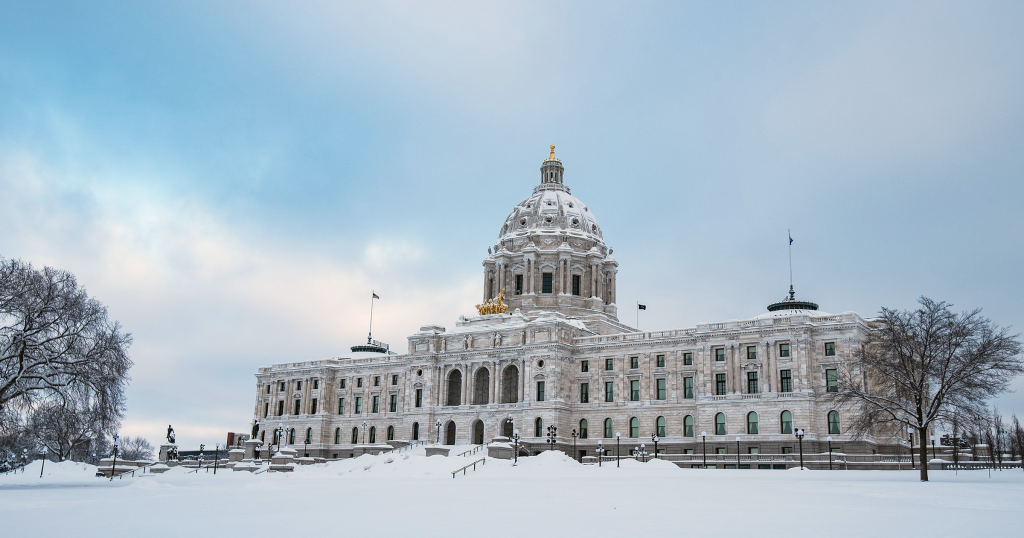The Minnesota legislature reconvenes today, eyeing a projected $7.7 billion budget surplus. Last week, Gov. Walz shared his proposed budget recommendations focused largely on children and families.
Some standout K-12 items? A proposed 2% increase to the per-pupil formula that determines minimum funding levels for districts. The governor also wants to guarantee free school breakfasts and lunches for all Minnesota students.
Senate Republicans balked at the 2% proposal, noting formula increases already passed last summer. They want to bolster parents’ rights and student literacy this session.
Where we see opportunity
This is the third legislative session (and school year) under the cloud of Covid-19. Students are being thrust in and out of school due to closures and quarantines. Teachers too—already in short supply.
EE’s policy priorities speak to the needs we see this year. But in them we see opportunities that would outlast 2022. Lessons applicable beyond the present moment. Remedies for systemic flaws in our education system.
Namely, we see opportunity for learning by:
- Focusing on academic outcomes over time in seats. Like these Spring Lake Park high schoolers using competencies to weather disruption.
- Improving data and assessment systems to capture more dimensions of student success. And shifting how we administer the MCAs to capture more than snapshots.
- Codifying and expanding flexibilities with Innovation Zones.
And we see opportunity for teaching by:
- Simplifying the route for teachers earning a license via portfolio.
- Increasing Teachers of Color and American Indian Teachers to reflect the student population.
- Supporting alternative teacher preparation programs.
We’ll keep readers updated on our advocacy in these areas.
What else we’re watching in ed policy
Teacher licensure standards
This month, Minnesota’s teacher licensing board formally submitted the revised Standards of Effective Practice (SEPs). The standards set forth what knowledge and skills teachers must demonstrate to receive their license.
The new SEPs emphasize anti-racism, culturally-sustaining teaching practices, social-emotional learning, and serving students with special needs. They now move to the final phase of legal review before adoption.
MN social studies standards
In November, the Minnesota Department of Education submitted revised K-12 Academic Standards in Social Studies for rulemaking.
EE has spent a year working to make social studies standards more relevant to students’ lived experiences. The addition of Ethnic Studies standards creates opportunity for all students to better understand the histories, cultures, and lenses of historically marginalized groups.
If adopted, implementation could start as early as 2026-27 school year.
Sign up to receive Education Evolving blog posts by email.
